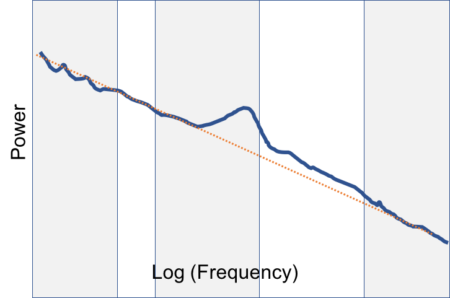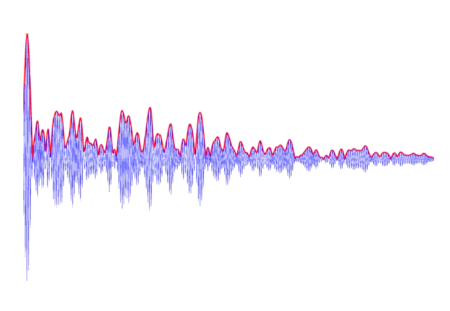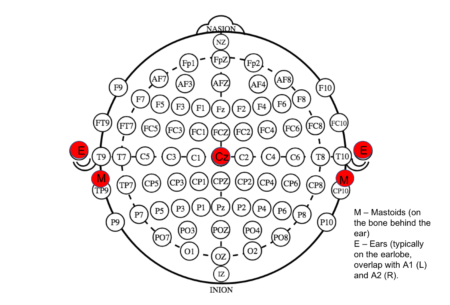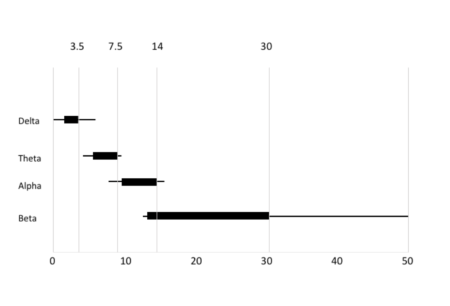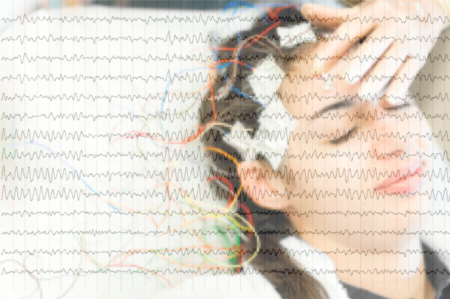The slope that represents the decay of the EEG power spectrum carries important information about the signal that can eliminate many of the inconsistencies of…
Lab Talk
Three Tutorials in EEG Analysis
Here are three tutorials on common methods, challenges and pitfalls in the analysis of EEG for those who missed the symposium last year covering issues…
Challenges of Methodological Variability in EEG
Methodological variability is a challenge in the EEG field at various levels. This video provides a view of these challenges in four major areas along…
Alpha Energy – Specifically Estimating the Alpha Oscillatory Component in the EEG
The Alpha Energy metric specifically characterizes the periodic alpha components of the EEG that shows up as a peak above the background decay of the…
Effect of EEG Reference Choice on Outcomes
In EEG, voltages recorded at each electrode are computed with reference to another electrode. The choice of this electrode reference impacts a number of EEG measures….
The Remarkable Inconsistency of EEG Frequency Band Definitions
Defining the power spectrum in terms of different ranges named delta, theta, alpha, beta and gamma forms a fundamental framework in the EEG literature today. …
Down a Rabbit Hole? A History of EEG Analysis
The analysis of the EEG signal in terms of frequency bands has its origins in the technical workarounds of the 1930s when there were no…
Alpha, Alpha Everywhere: What Does it Mean?
Activity in the alpha band has been a subject of much interest since the first recording of EEG. However methodological inconsistencies and confounding changes across…
Eyes Open, Eyes Closed and Variability in the EEG
The prominent alpha peak in the power spectrum is the most visible difference between eyes open and eyes closed but the more interesting differences may…
The Blue Frog in the EEG
Alpha, beta, gamma what? Spectral decomposition of the EEG signal may lose critical information. In 1924 when Hans Berger first found a signal from the…

